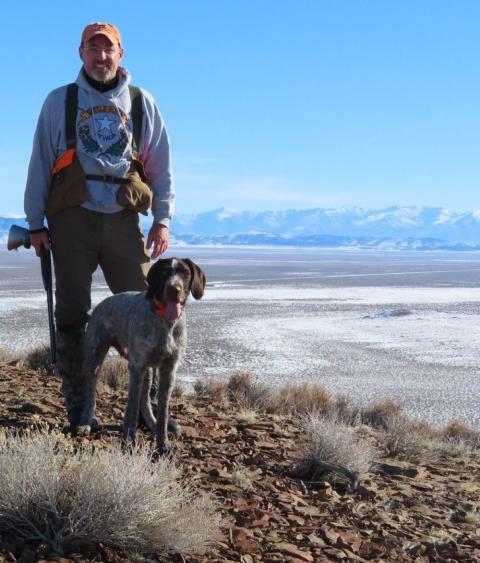Conservation Brief
Supreme Court Rules on Wyoming Hunting Case
In a 5-4 decision issued on May 20, the U.S. Supreme Court sided with Clayvin Herrera, a member of the Crow Tribe, in a case about harvesting an elk out of season on the Bighorn National Forest in Wyoming. Herrera contended that his tribe had hunting rights in the forest due to an 1868 treaty between the United States and the Crow Tribe allowing tribal hunting rights on unoccupied lands of the United States. The state of Wyoming contended that the agreement expired upon Wyoming’s statehood and had charged Herrera with violating state game laws by hunting out of season. The court’s decision was that the tribe’s hunting rights under the treaty did not expire upon statehood, however they remanded back to the state court additional issues regarding the ability for the state fish and wildlife agencies to manage wildlife on federal lands.
The majority opinion, written by Justice Sotomayor states, “The Wyoming courts held that the treaty-protected hunting right expired when Wyoming became a State and, in any event, does not permit hunting in Bighorn National Forest because that land is not ‘unoccupied.’ We disagree. The Crow Tribe’s hunting right survived Wyoming’s statehood, and the lands within Bighorn National Forest did not become categorically ‘occupied’ when set aside as a national reserve… On remand, the State may press its arguments as to why the application of state conservation regulations to Crow Tribe members exercising the 1868 Treaty right is necessary for conservation. We do not pass on the viability of those arguments today.”
Wyoming Governor Mark Gordon released the following statement in response to the decision: “Today in a narrow 5-4 decision, a majority of the United States Supreme Court determined that Wyoming’s admission to the Union in 1890 did not terminate the Crow Tribe’s 1868 treaty right to hunt the ‘unoccupied lands of the United States.’ However, the Court recognized that several issues in this case are unresolved, and the Court remanded the case back to Wyoming so the state court can consider the outstanding issues. Until these remaining issues are resolved, the State of Wyoming will continue to regulate the take of game animals in the Bighorn National Forest to ensure equal hunting opportunities for all.
“With the remand, my administration will stand up for a system that preserves the decades of conservation work that has built a strong wildlife population in the Bighorns, and we will work to find solutions for all those who hunt.”



